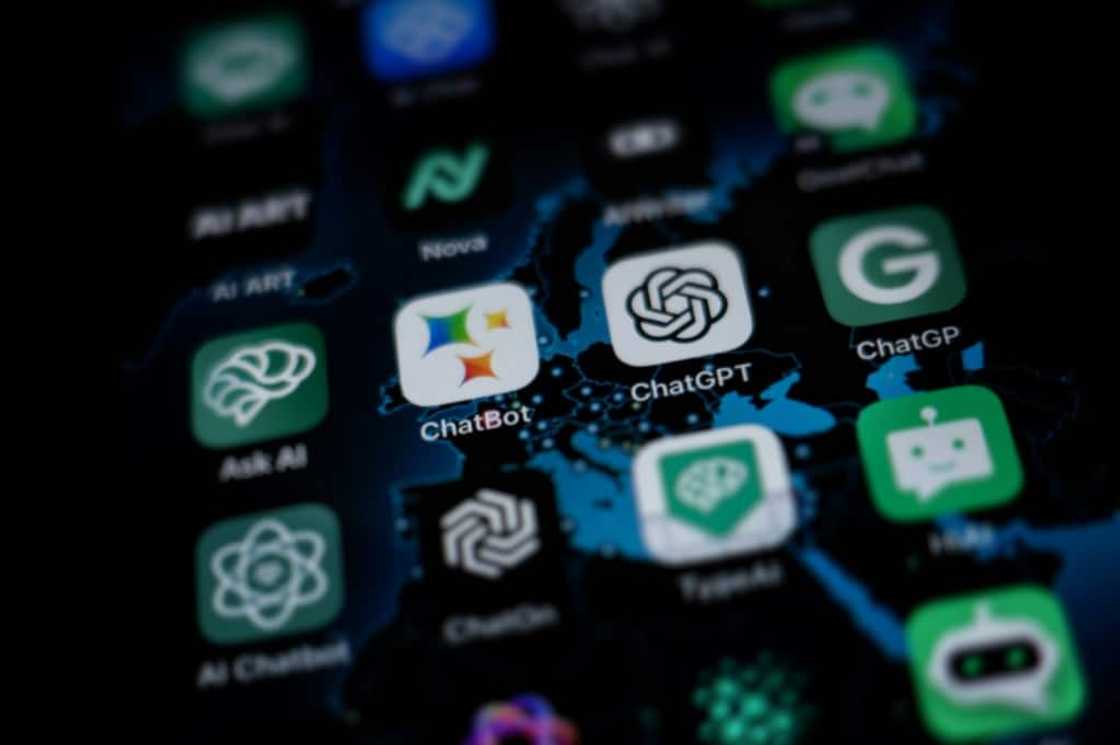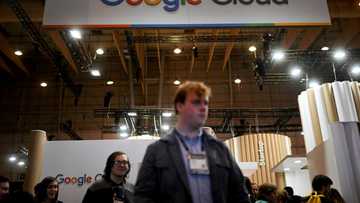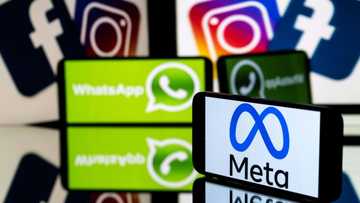Fearing 'pillaging', news outlets block an OpenAI bot

Source: AFP
PAY ATTENTION: Check out our special project with inspiring stories of women who overcome the challenges to succeed in construction: Women of Wonder: Building the Future!
A growing number of media outlets are blocking a webpage-scanning tool used by ChatGPT creator OpenAI to improve its artificial intelligence models.
The New York Times, CNN, Australian broadcaster ABC and news agencies Reuters and Bloomberg have taken steps to thwart GPTBot, a web crawler launched on August 8.
They were followed by French news organisations including France 24, RFI, Mediapart, Radio France and TF1.
"There's one thing that won't stand: it's the unauthorised pillaging of content," Radio France president Sibyle Veil said at a news conference on Monday.
Nearly 10 percent of the top 1,000 websites in the world blocked access to GPTBot just two weeks after it was launched, according to plagiarism tracker Originality.ai.
They include Amazon.com, Wikihow.com, Quora.com and Shutterstock. Originality.ai said it expects the list to grow by five percent per week.
PAY ATTENTION: Click “See First” under the “Following” tab to see Briefly News on your News Feed!
On its website, OpenAI says that "allowing GPTBot to access your site can help AI models become more accurate and improve their general capabilities and safety".
But the California startup also provides directions on how to block the bot.
"There is no reason for them to come and learn about our content without compensation," Laurent Frisch, director of digital and innovation strategy at Radio France, told AFP.
Fair remuneration
AI tools like chatbot ChatGPT and image generators DALL-E 2, Stable Diffusion and Midjourney exploded in popularity last year with their ability to generate a wealth of content from just brief text prompts.
However, the firms behind the tools, including OpenAI and Stability AI, already face lawsuits from artists, authors and others claiming their work has been ripped off.
"Enough with being plundered by these companies that turn profits on the back of our production," added Vincent Fleury, director of digital space at France Medias Monde, the parent company of France 24 and RFI.
French media executives also voiced concern about their content being associated with fake information.
They said talks are needed with OpenAI and other generative AI groups.
"Media must be remunerated fairly. Our wish is to obtain licensing and payment agreements," said Bertrand Gie, director of the news division at newspaper Le Figaro and president of the Group of Online Services Publishers.
'Maintain public trust'
US news agency Associated Press reached an agreement with OpenAI in July authorising the startup to tap its archives dating back to 1985 in exchange for access to its technology and its AI expertise.
OpenAI has also committed $5 million to back the expansion of the American Journalism Project, an organisation that supports local media.
It also offered the non-profit up to $5 million in credits to help organisations assess and deploy AI technologies.
A consortium of news outlets, including AFP, the Associated Press and Gannett/USA Today, issued an open letter earlier in August saying AI firms must ask for permission before using copyrighted text and images to generate content.

Read also
Mpumalanga woman, 65, turns poultry venture into prosperous business, celebrates financial independence
The organisations said that, while they support the responsible deployment of generative AI technology, "a legal framework must be developed to protect the content that powers AI applications as well as maintain public trust in the media that promotes facts and fuels our democracies."
PAY ATTENTION: Сheck out news that is picked exactly for YOU ➡️ click on “Recommended for you” and enjoy!
Source: AFP



